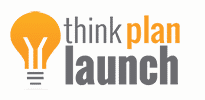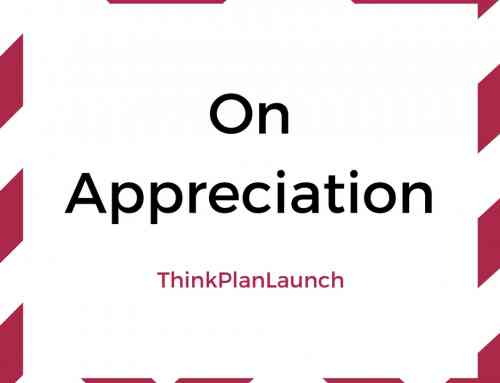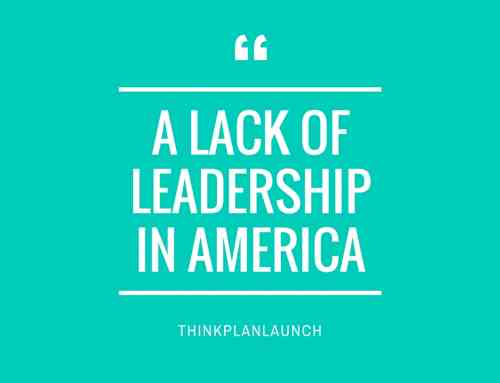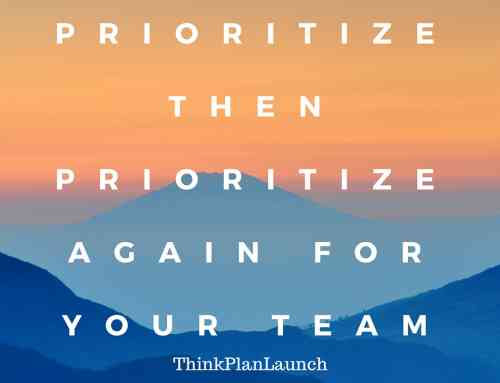Creating real, lasting change at your business requires leadership to make effective decisions. Likewise, catalyzing change in your own life requires effective decision-making. But, what does it take to consistently make effective decisions?
I believe it’s imperative to have the right information to make effective decisions.
Table of Contents
Good at Making Decisions vs. Making Good Decisions
Are you good at making decisions — or are you making good decisions?
There are plenty of people who are good at making decisions. Many are very smart, too — probably much smarter than I, and certainly more familiar with their industries.
But even the smartest, most capable decision-makers are handicapped without the right information. Without high-quality, accurate, and reliable information to guide them.
This is why it blows me away how many people are still living in the past with their hiring, training, and personal development efforts.
Are you relying on ineffective, outdated methods?
Let me provide you with an example.
Traditional Hiring Methods Don’t Work
In William Poundstone’s book, Are You Smart Enough to Work at Google, he describes how it’s been known since the 1950’s traditional hiring practices (screen resumes, conduct a few interviews) are largely ineffective — only about 50% of the time will you hire the right person.
Fast forward sixty years, and there are plenty of resources available to increase this figure. To make good hires with 60%, 75%, even 93% confidence. But not all hiring managers are leveraging those resources, incorrectly believing the cost of those resources exceeds the cost of bad hires.
Yet in reality, intelligence resources are very inexpensive compared to the enormous cost of a bad hire. This is true both in the quantitative and qualitative sense.
I’ve spoken with hiring managers who would prefer to ignore this reality, but the data doesn’t lie. If this is you, the question you need to be asking yourself is whether it’s more important to be right or get it right.
Everybody wins when highly effective methods (e.g., job benchmarking, assessments) are used to obtain results, and this should be the focus at any organization that values performance.
Let’s consider another example.
Personal and Professional Development Isn’t Easy
Most people concern themselves with personal or professional development at some point in their lives. But the average person doesn’t know how to objectively evaluate themselves or make concrete improvements.
People struggle with so many things inside and outside of work, surely you can relate.
It can be hard to manage your emotions, acquire new skills, communicate effectively, manage your time, and look good while doing it.
It’s not always easy to wear several hats (employee, manager, parent, spouse, volunteer…) and switch between them several times per day.
Yet these are the demands life places upon us, and many people want to perform in all these areas to the best of their ability. I do believe most people try their best, sometimes they just don’t know what to do or how to do it.
Here again, using professional tools (personal assessments, developmental programs) to facilitate one’s development can be incredibly powerful. Sadly, though, many never make it past their local bookstore when pursuing personal change.
I’m an author myself and certainly appreciate the power of the written word to change lives. But many will grab but a few candid tidbits of advice from any given book, and may never hold themselves accountable to implementing them.
Moreover, books are basically a one-way conversation. They do not take your individual needs into consideration, nor formulate solutions based on those unique factors.
Intelligence is the Key to Your Performance
Information and intelligence are closely related. Gathering the former usually leads to an increase in the latter. The trick is getting the right information to avoid making misguided decisions.
The question then becomes, where are you getting your information? Have you checked to make sure it’s accurate, valid, and reliable? How do you know?
And even before any of this, are you truly committed to improvement — or is improvement just something you give lip service, without ever putting in meaningful time or effort?
If you care about creating lasting change in your life individually, and in the lives of the people around you — at work and at home — I’d encourage you to start looking for the right information. The stuff that’s going to move the needle, and actually make a difference.
Not the next “10 Ways to Increase Your Productivity” blog post that will be little more than a distraction, but objective information that gives you real power to change your life (and your business).
Only you can decide when the time is right to make it happen.




Leave A Comment